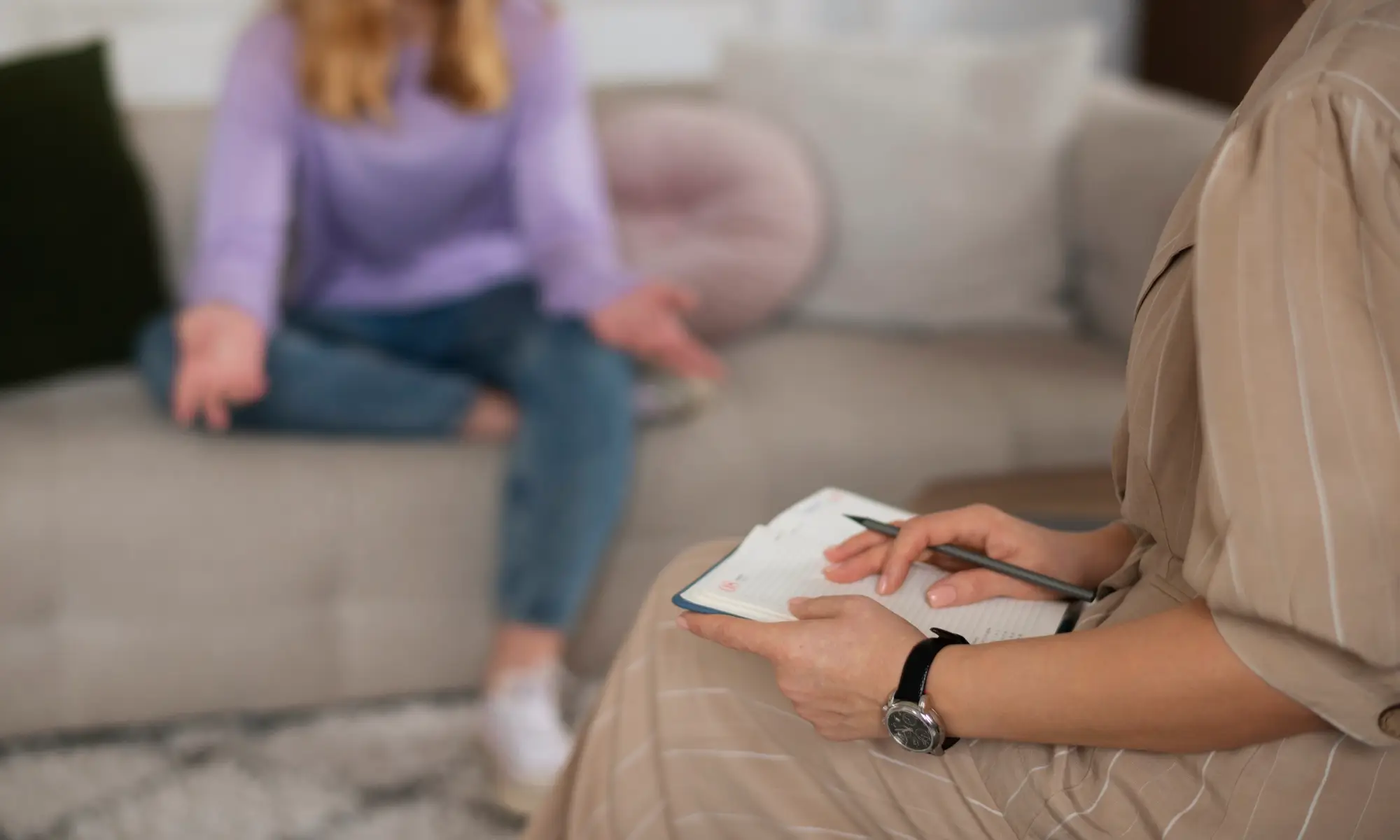Good communication is the foundation of any strong relationship, whether it’s with a partner, family member, friend, or colleague. Misunderstandings and conflicts can often arise when communication breaks down, but the good news is that communication skills can always be improved. Here are ten tips to help you connect with others more effectively:
1. Practice Active Listening
Listening is just as important as talking. Give the other person your full attention, avoid interrupting, and show that you are engaged by nodding or using verbal affirmations like “I understand” or “Go on.”
2. Express Yourself Clearly
Avoid vague statements or expecting others to read your mind. Be clear, concise, and respectful when expressing your thoughts and feelings. Use “I” statements, such as “I feel upset when this happens,” instead of placing blame.
3. Pay Attention to Body Language
Your body language can say as much as your words. Maintain eye contact, keep an open posture, and avoid crossing your arms, all of which signal that you’re engaged and approachable.
4. Avoid Jumping to Conclusions
Give the other person the opportunity to explain their perspective before making assumptions. Misunderstandings can often arise from interpreting something incorrectly or too quickly.
5. Manage Your Emotions
Emotions can sometimes cloud communication. If you are feeling angry, hurt, or overwhelmed, take a moment to breathe and collect your thoughts before responding. This will help you stay calm and constructive.
6. Ask Open-Ended Questions
Encourage a deeper and more open conversation by asking questions that cannot be answered with a simple “yes” or “no.” For example, try “How did that make you feel?” instead of “Did you like it?”
7. Practice Empathy
Try to see things from the other person’s perspective. Empathy helps you better understand why they feel the way they do, which is an essential part of resolving conflicts compassionately.
8. Avoid Criticism and Defensiveness
Instead of criticising the other person directly, focus on addressing the issue at hand. Try to avoid getting defensive, as this can escalate the situation rather than lead to solutions.
9. Use Time-Outs When Needed
If a conversation becomes too heated, do not be afraid to take a break. Stepping away for a short time can help both of you calm down and return to the discussion with a clearer perspective.
10. Be Willing to Compromise
Not every disagreement needs a clear winner and loser. Healthy relationships involve compromise and finding solutions that work for everyone. Be flexible and open to meeting in the middle.
Effective communication takes practice, but with time and effort, you can build stronger and more meaningful relationships. Remember, communication is not only about talking—it is about connecting, understanding, and working through challenges together.







